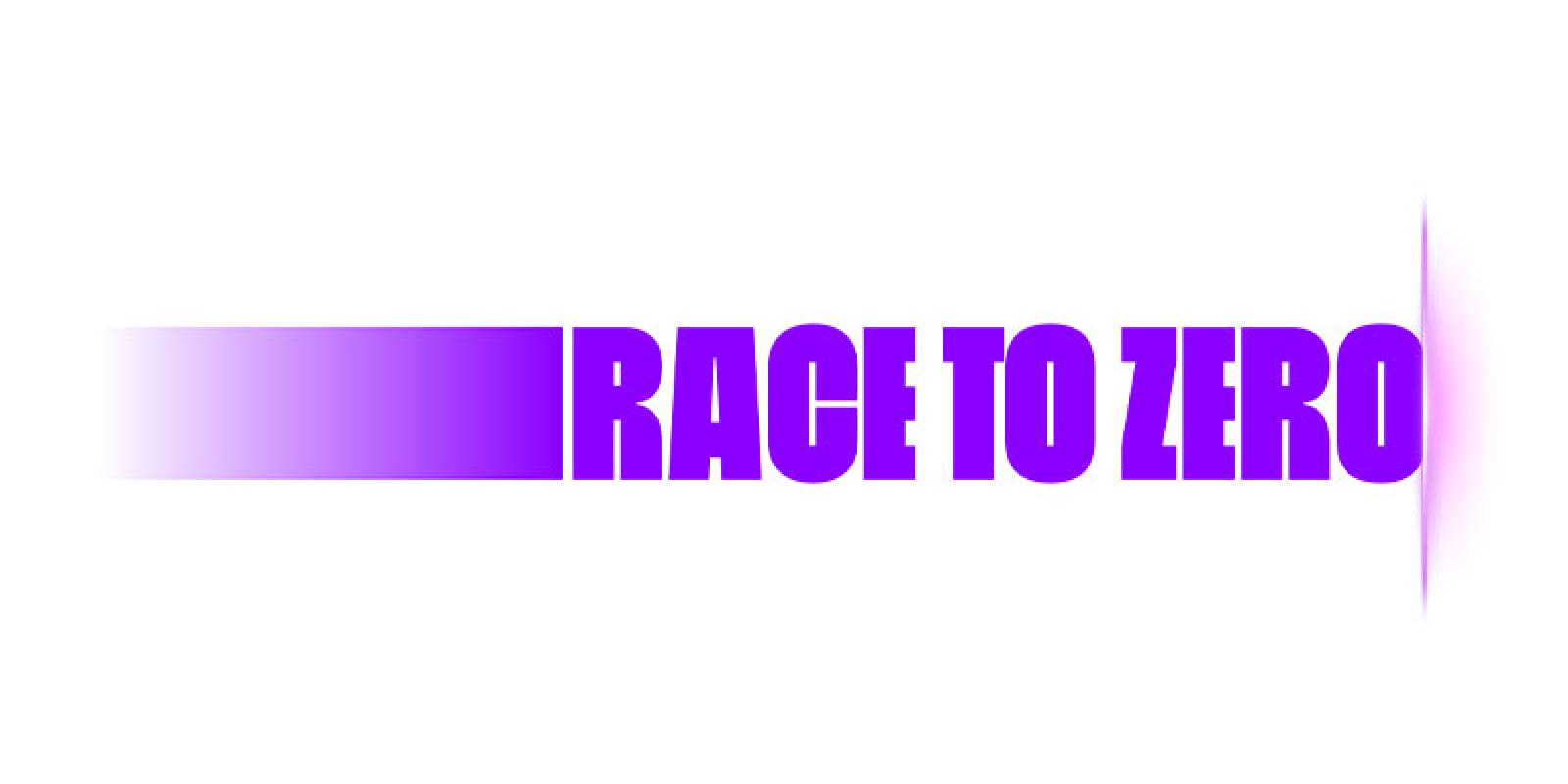
AUC Joins Race to Zero Campaign, Pledges to Achieve Net Zero Emissions by 2050
AUC has joined the Race to Zero campaign, a UN-backed global initiative aimed at achieving a zero-carbon world. The University has pledged to halve its emissions by 2030 and achieve net zero emissions by 2050 at the latest.
“Race To Zero aims to rally leadership and support from colleges and universities across the globe for a healthy, resilient, zero-carbon recovery that prevents future threats, creates decent jobs and unlocks inclusive, sustainable growth,” said Yasmin Mansour, AUC’s sustainability director.
With AUC's Climate Change Initiative ramping up ahead of Egypt hosting the 2022 United Nations Climate Change Conference (COP27), joining the campaign was a no-brainer, according to Khaled Tarabieh, University architect and associate professor in the Department of Architecture.
"AUC is always looking for opportunities to join models of excellence and best practices," he said. "In line with our preparations for COP27, we believe our participation would situate us perfectly and align well with our work."
AUC will now set up an action plan with short-term goals. An expert peer review group will then evaluate the strategy and communicate to the UN's High-Level Climate Champions whether the initiatives fulfill the minimal standards.
"Curbing our emissions on campus is a primary operational goal and key for our mitigation of climate change challenges," Tarabieh said. "We have so far reduced our carbon footprint by 35% using a smarter set of operational strategies since we started looking at our emissions 10 years ago."
Moving forward, AUC is committed to furthering reductions, institutionalizing sustainability in both operations and curricula, maximizing the efficiency of current structures and planning for greener buildings with lower environmental load and emissions, according to Tarabieh.
The Office of Sustainability added that the University will focus on improving areas such as energy use, transportation, solid waste disposal and campus design — drawing from recommendations made in its biennial Carbon Footprint Report.
“As a leader of sustainability in the MENA region, we hope AUC’s commitment to the Race to Zero campaign encourages other institutions to join us in taking meaningful action toward reducing our carbon emissions in the face of climate change,” Mansour said.
Net zero refers to reducing greenhouse gas emissions as closely as feasible to zero, with any leftover emissions being reabsorbed from the atmosphere. At AUC, this means reducing energy usage and air travel and rethinking waste disposal.
“Climate change is one of the most significant environmental challenges facing humankind,” Mansour said. “Universities play a vital role in helping to solve the climate crisis. Higher education does this through research, community engagement, student activity and sustainable operations.”
With this move, AUC is joining what Mansour described as “a well-established international alliance” that includes more than 1,000 educational institutions. “Committing to the Race to Zero for Universities and Colleges is an exciting and essential step toward whole-institution sustainability,” she said.
